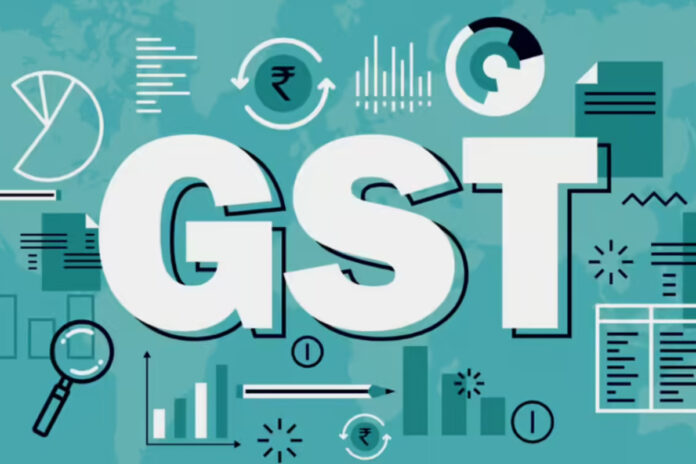GST Rate: Penalties for Traders Who Fail to Pass on Benefits
The GST Council has reduced tax rates on several goods, and traders who do not pass this benefit on to consumers will be liable for penalties under the Weights and Measures Act. If the Council decides, action may also be taken under the anti-profiteering provisions of the GST Act. The government is closely monitoring such cases. Although the anti-profiteering clause is currently inactive, traders who assume the government cannot act may find themselves in serious trouble.
Section 171 of the GST Act specifically provides for anti-profiteering action, giving GST authorities the power to take strict steps against violators. If a trader fails to pass on GST rate cuts to customers, officials have the authority to initiate proceedings. While the central government has deactivated Section 171(2) from April 1, 2025, it can be reactivated at any time with a single notification if misuse is found.
Verification of Accounts and Records
The government reduced GST rates with the expectation that traders would ensure the benefit reaches consumers. If profiteering is detected, the anti-profiteering clause will be enforced. In such cases, not just a few accounts but all financial records and documents of the trader will be thoroughly examined.
Misconceptions About Price Reductions
Consumers should also avoid the misconception that if an item moves from the 12% GST slab to the 5% slab, prices will fall by a full 7%. The 12% slab has been abolished, and many goods are now taxed at 5%.
For example, if a product costs ₹100 with 12% GST, the base price comes to ₹89.29 after removing tax. When 5% GST is added to this, the final price becomes ₹93.75. Thus, the reduction is ₹6.25, not ₹7 as many assume.
Similarly, if a product previously taxed at 12% is shifted to the 18% slab, the increase will be ₹5.39, not a straight 6%.

